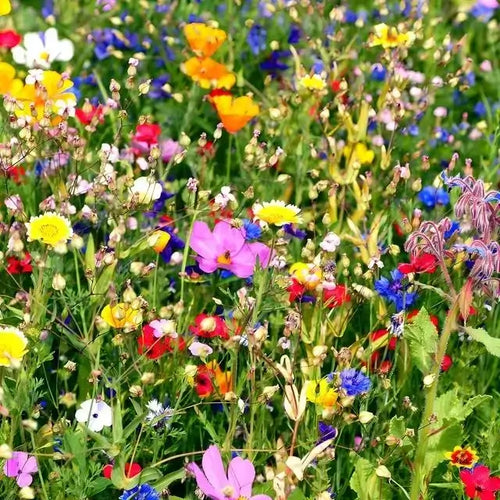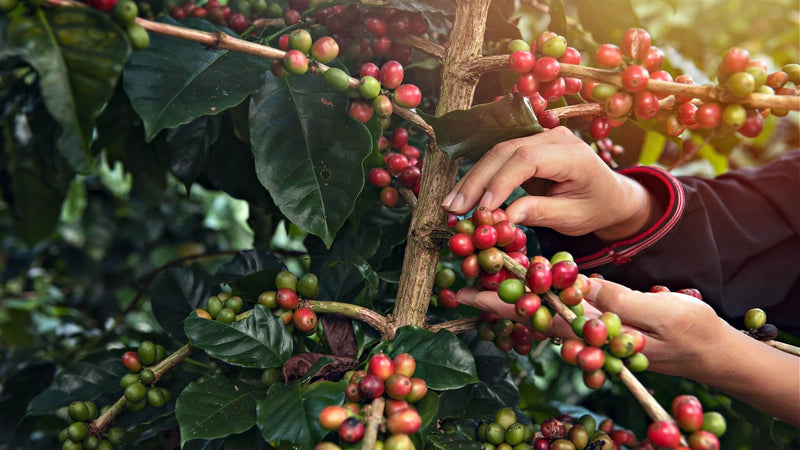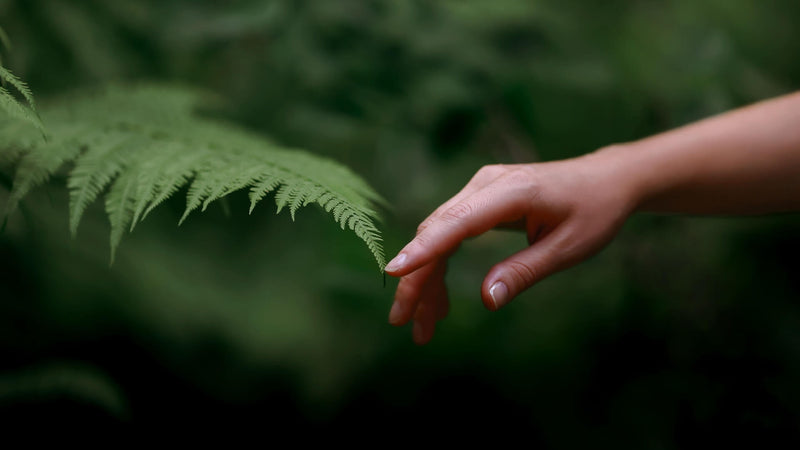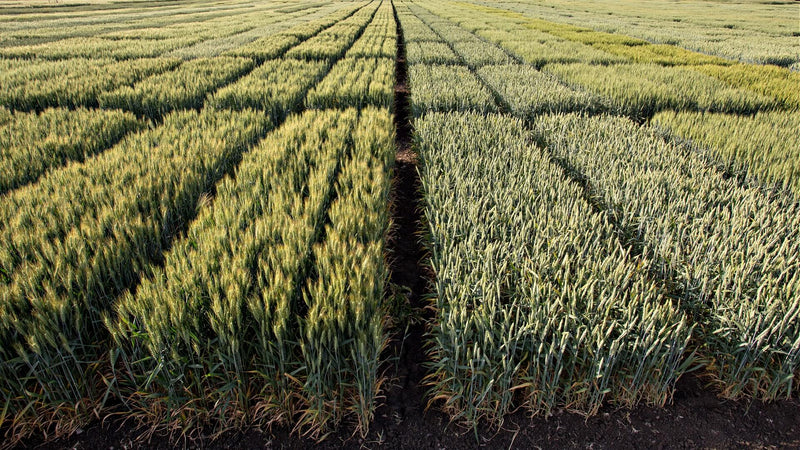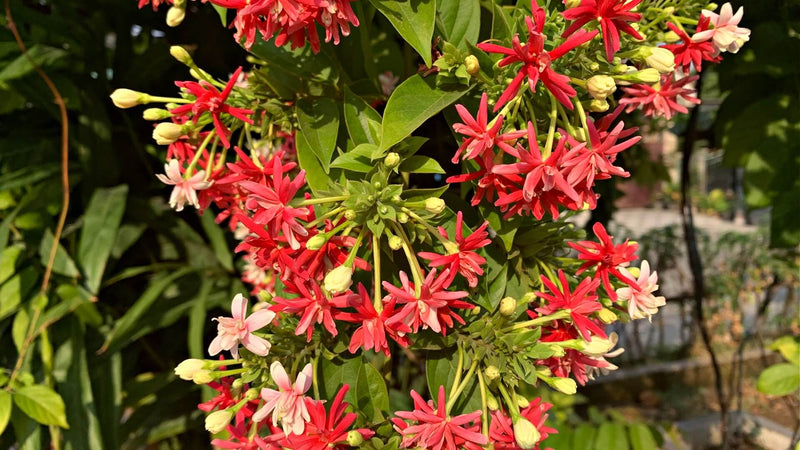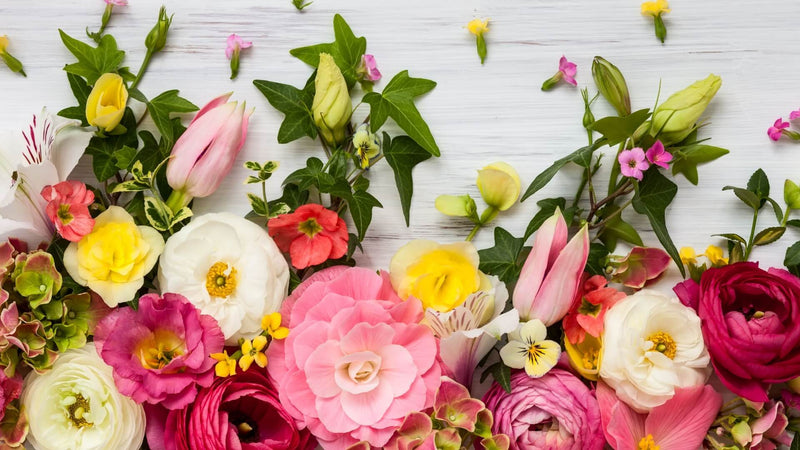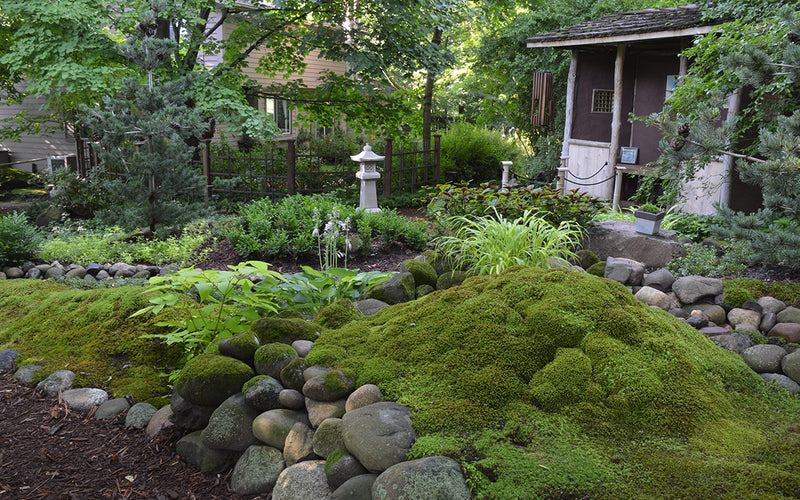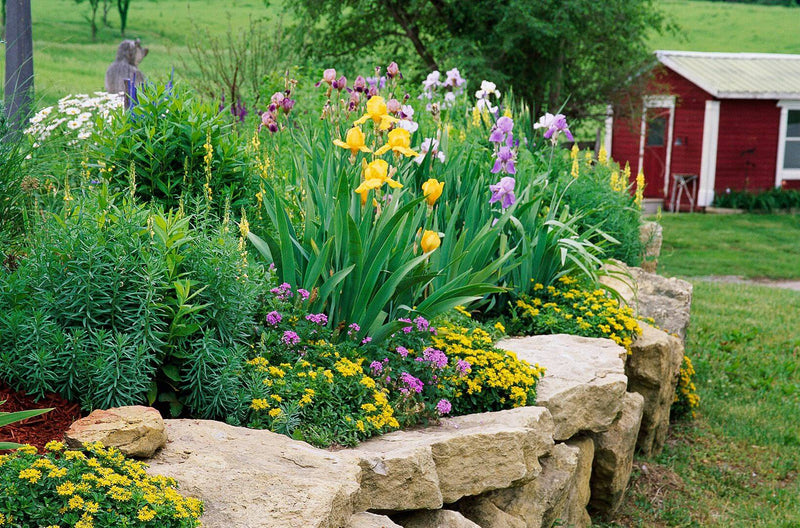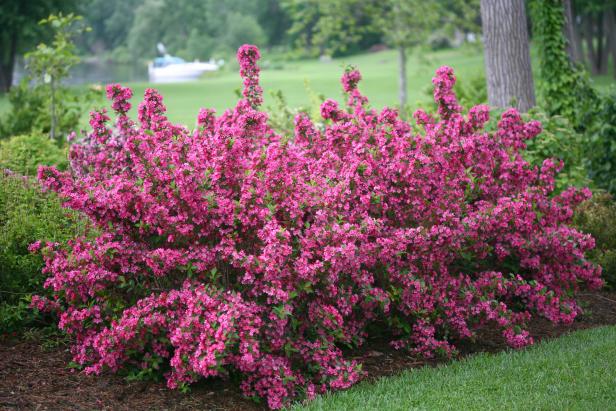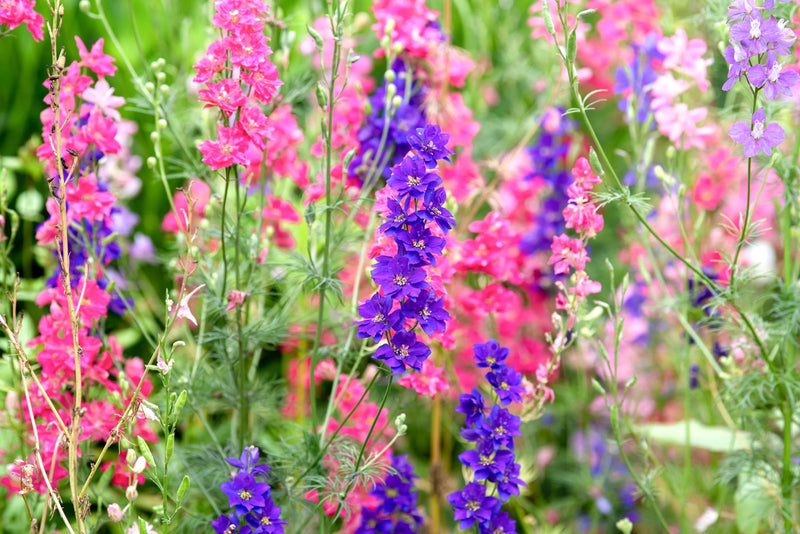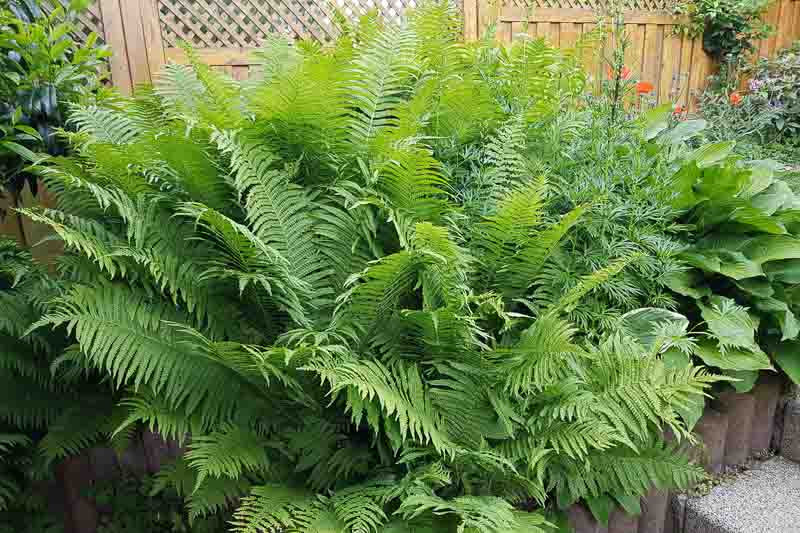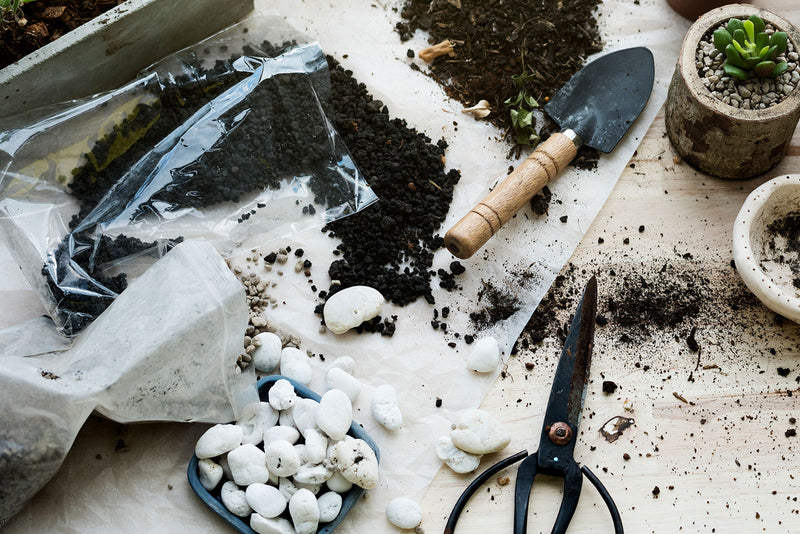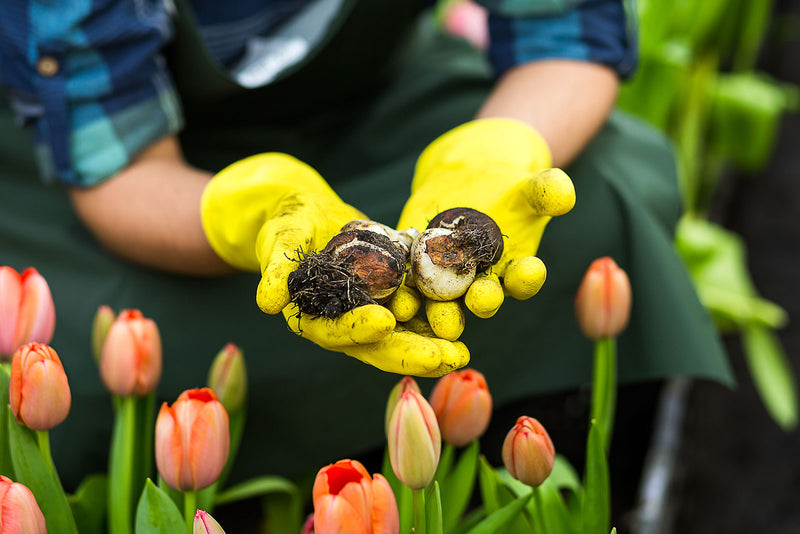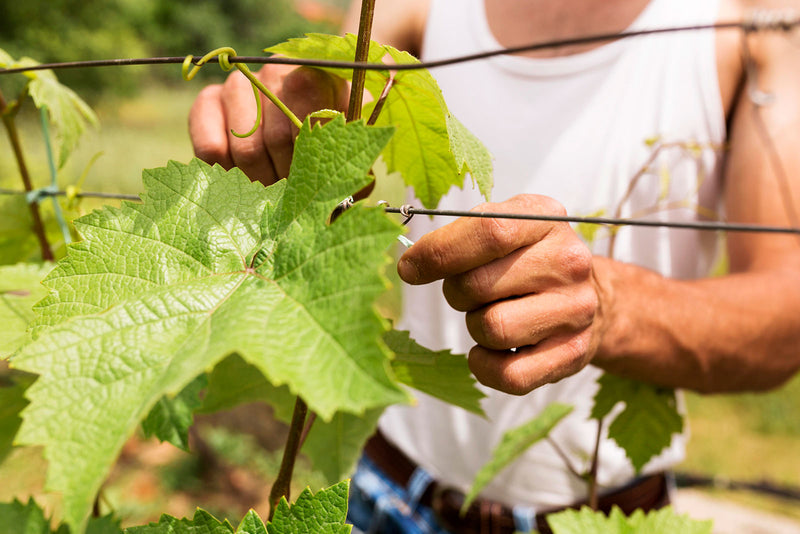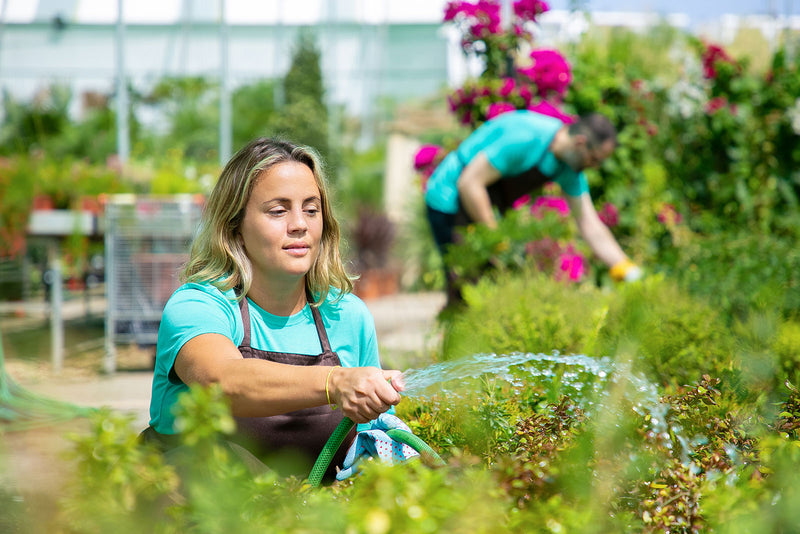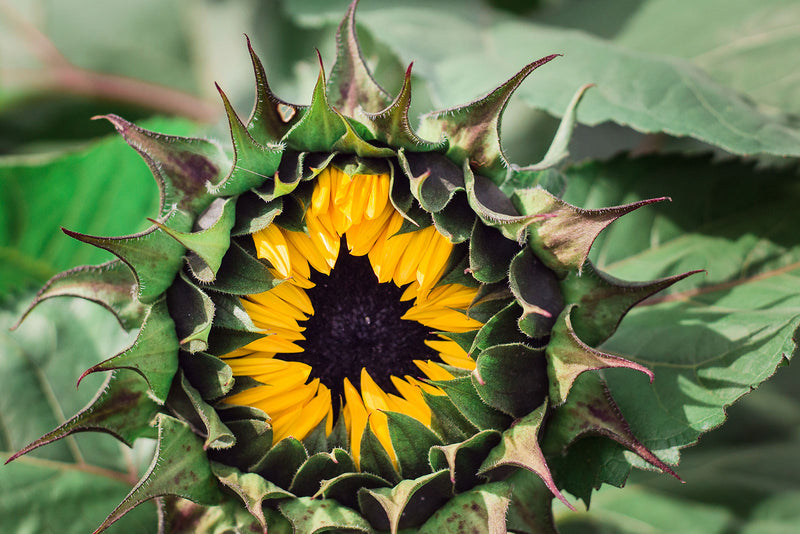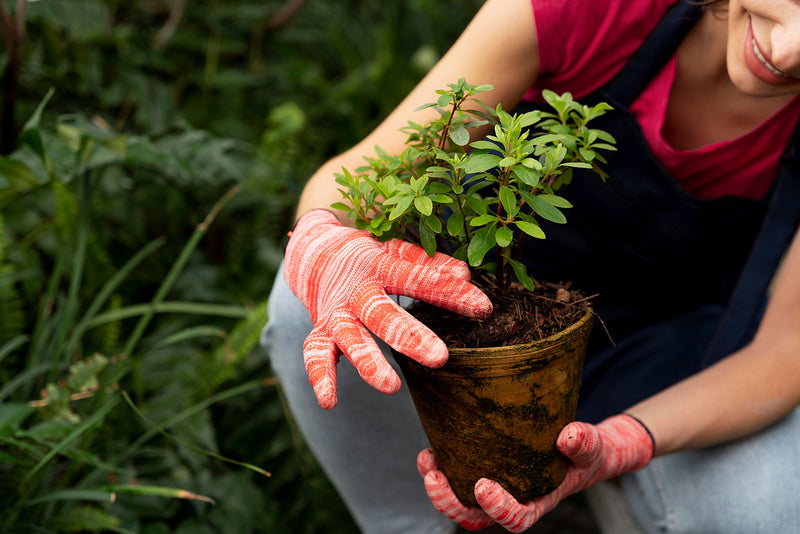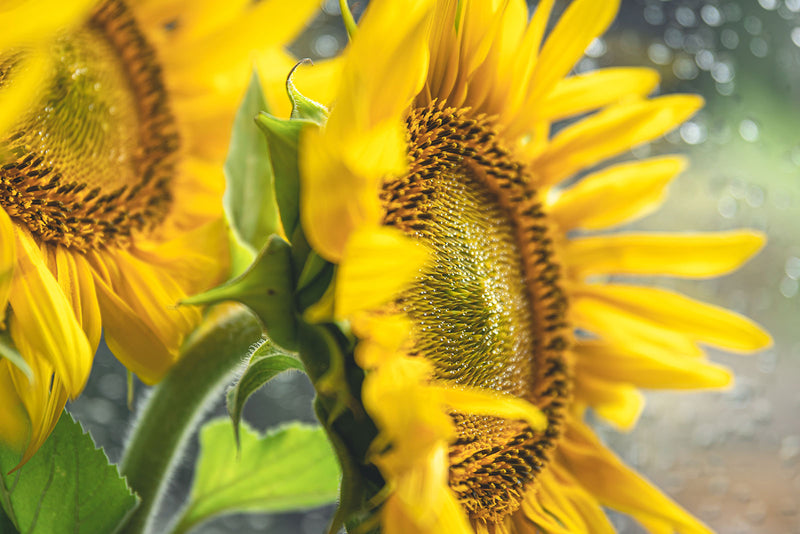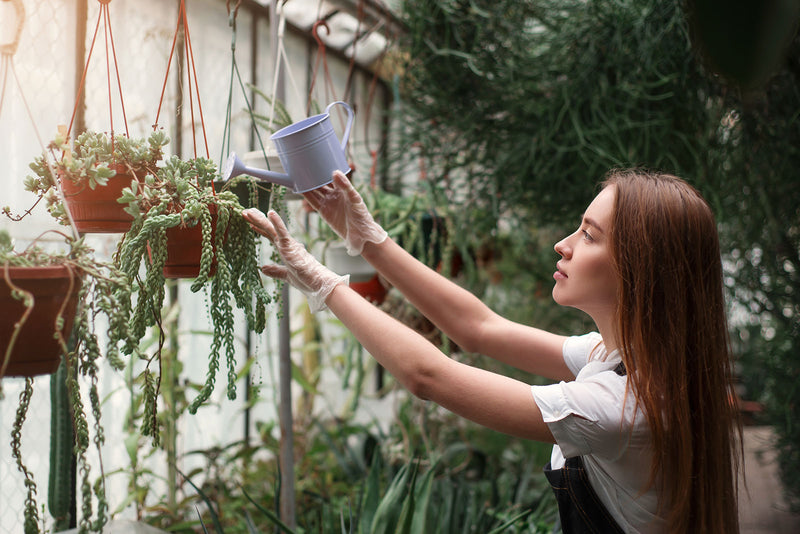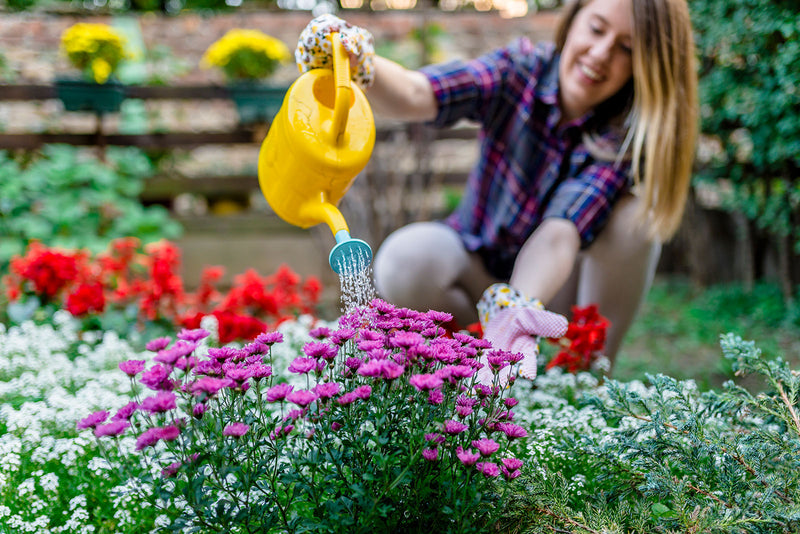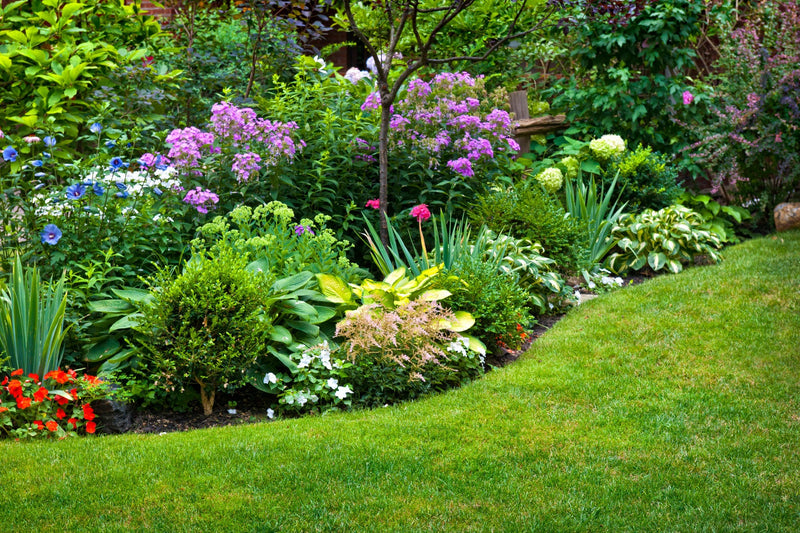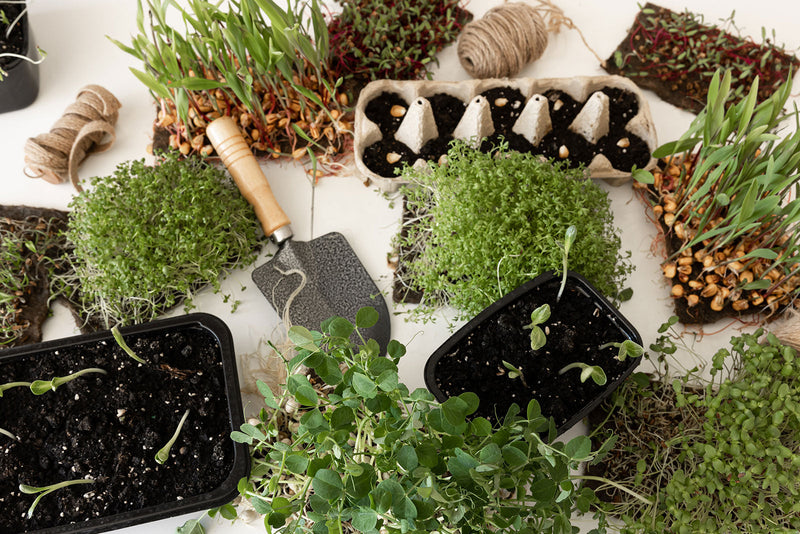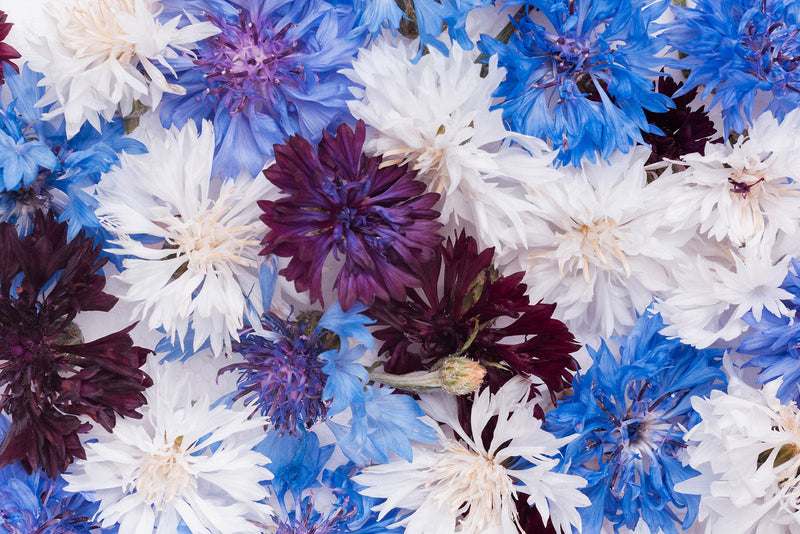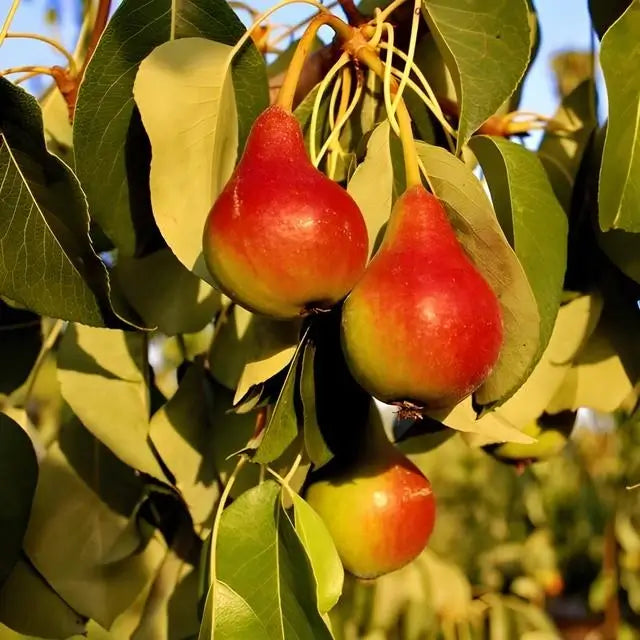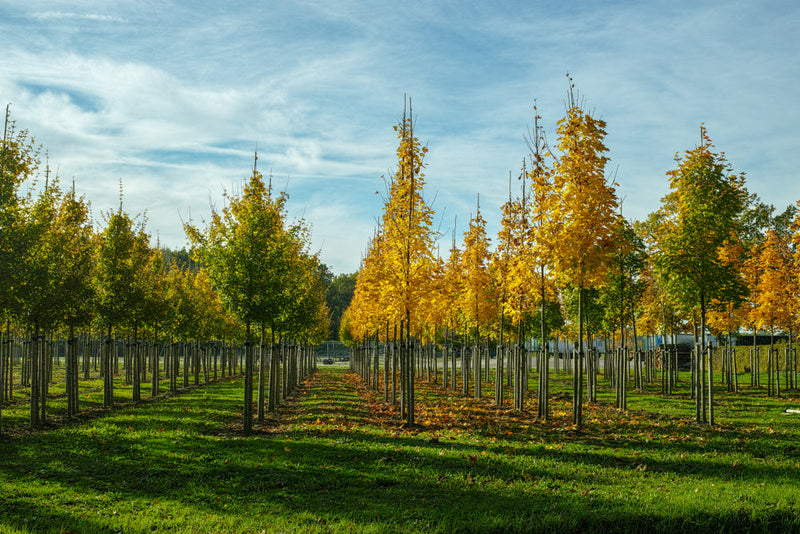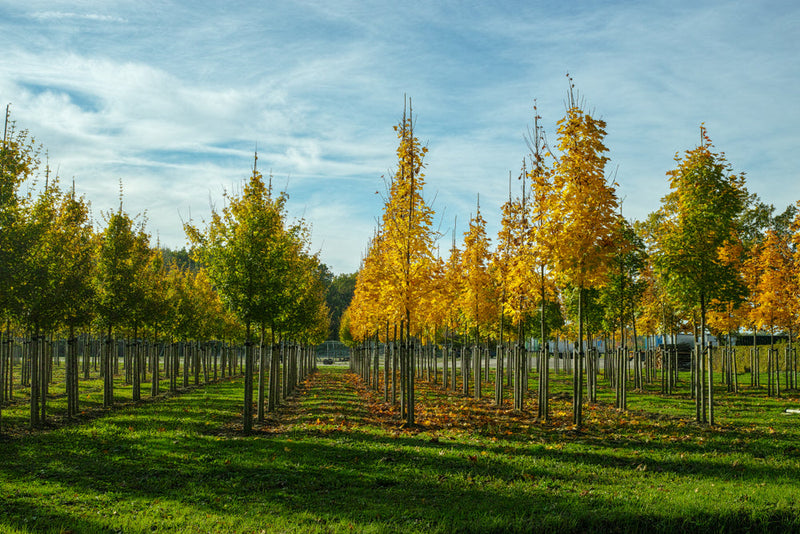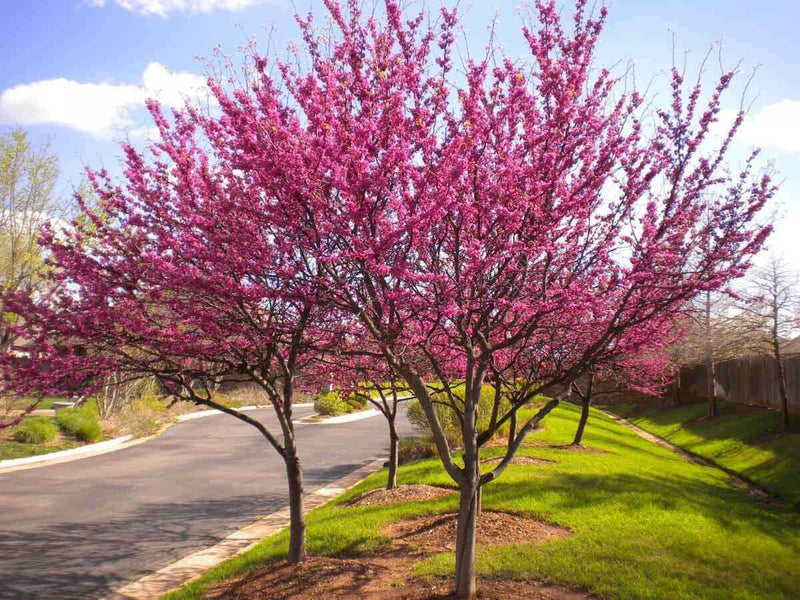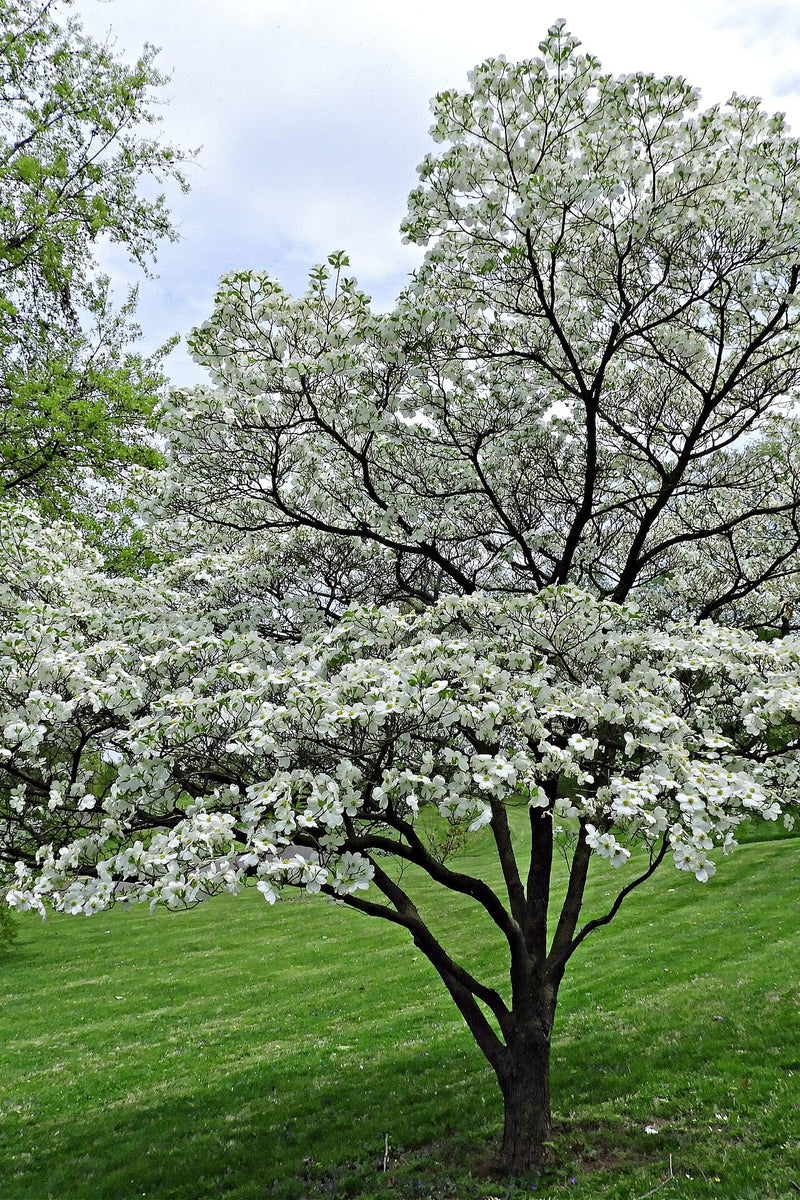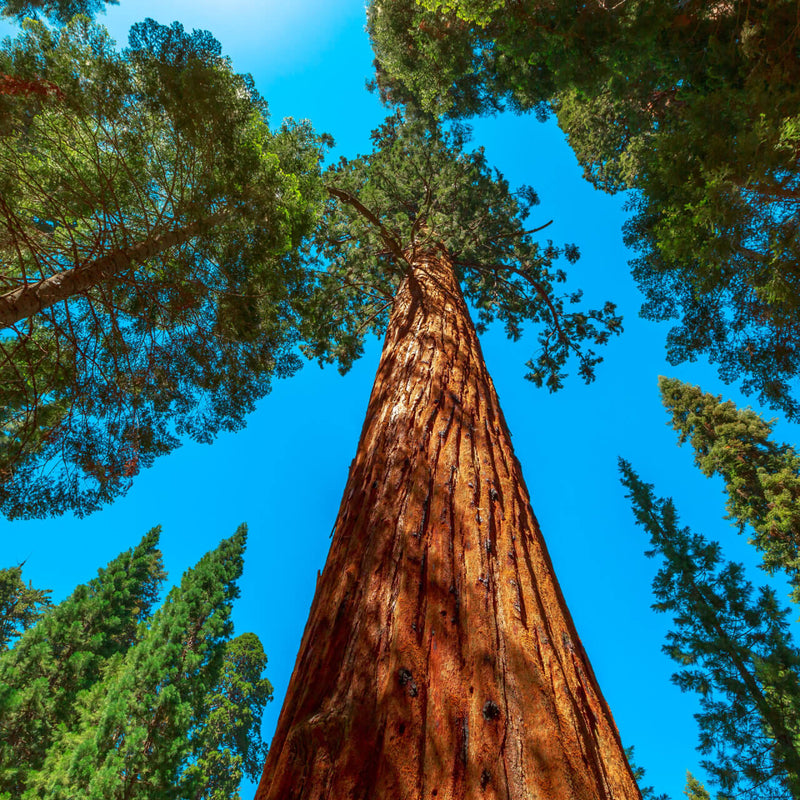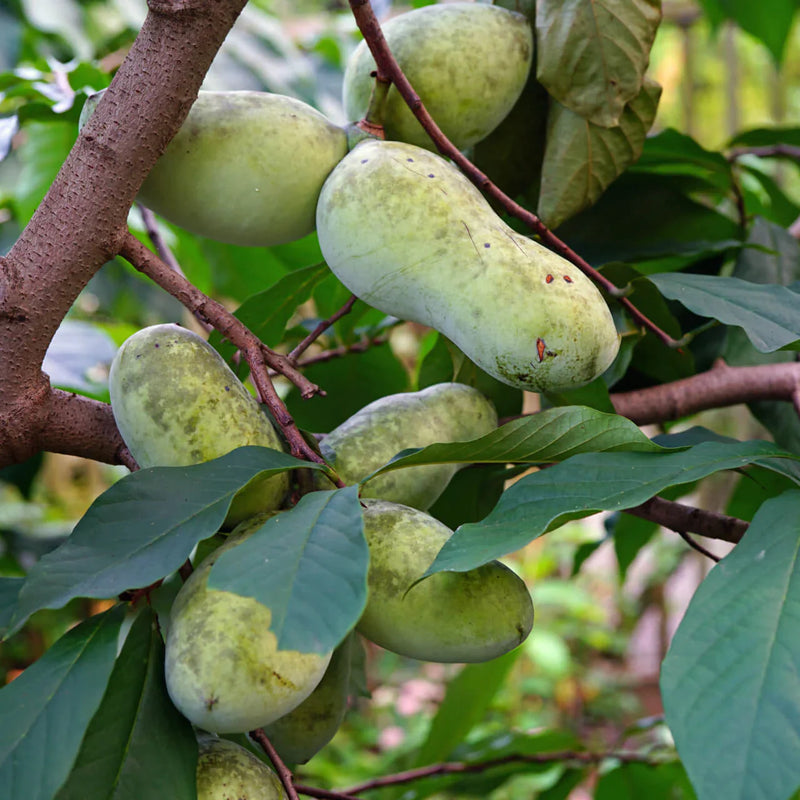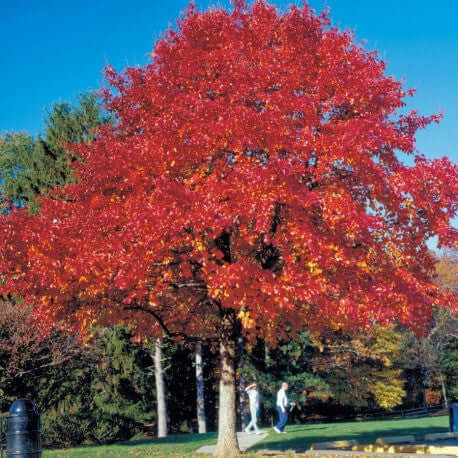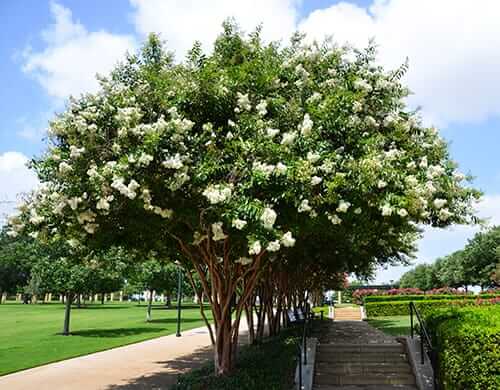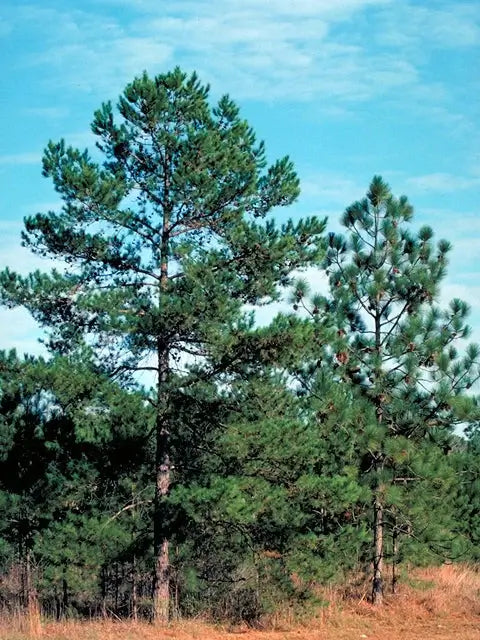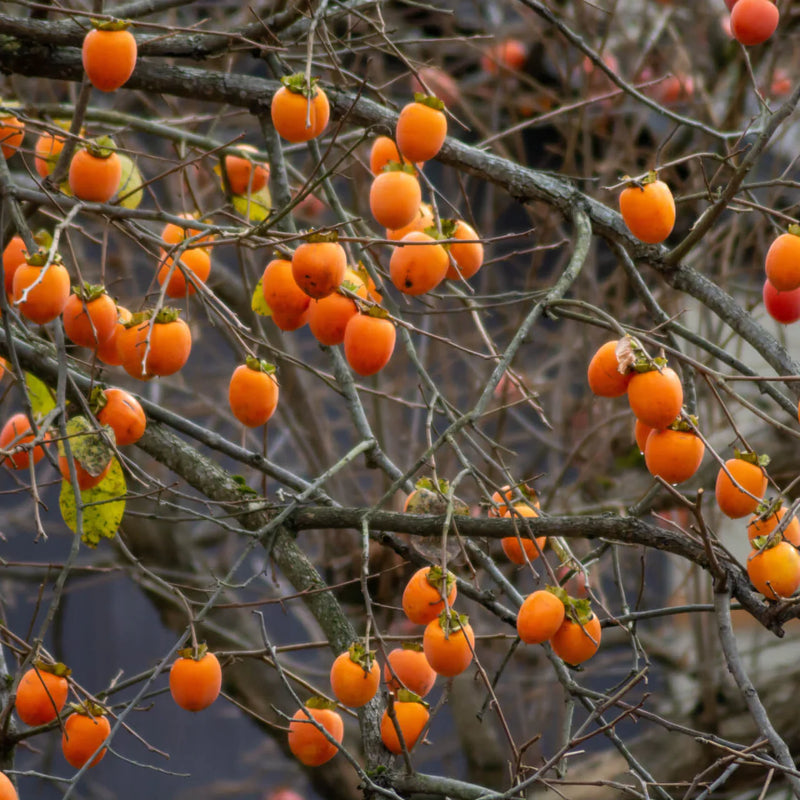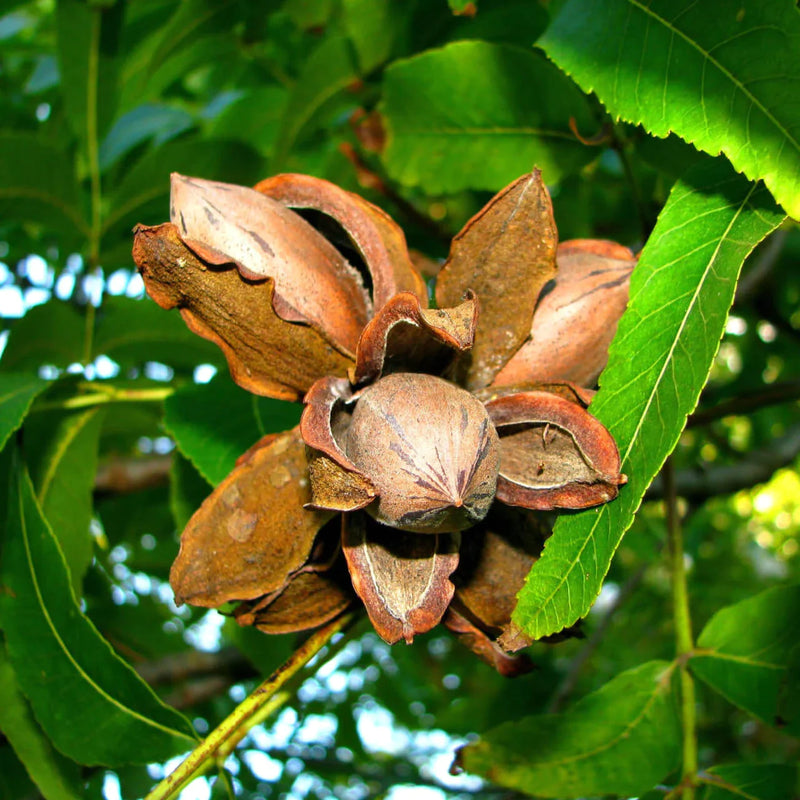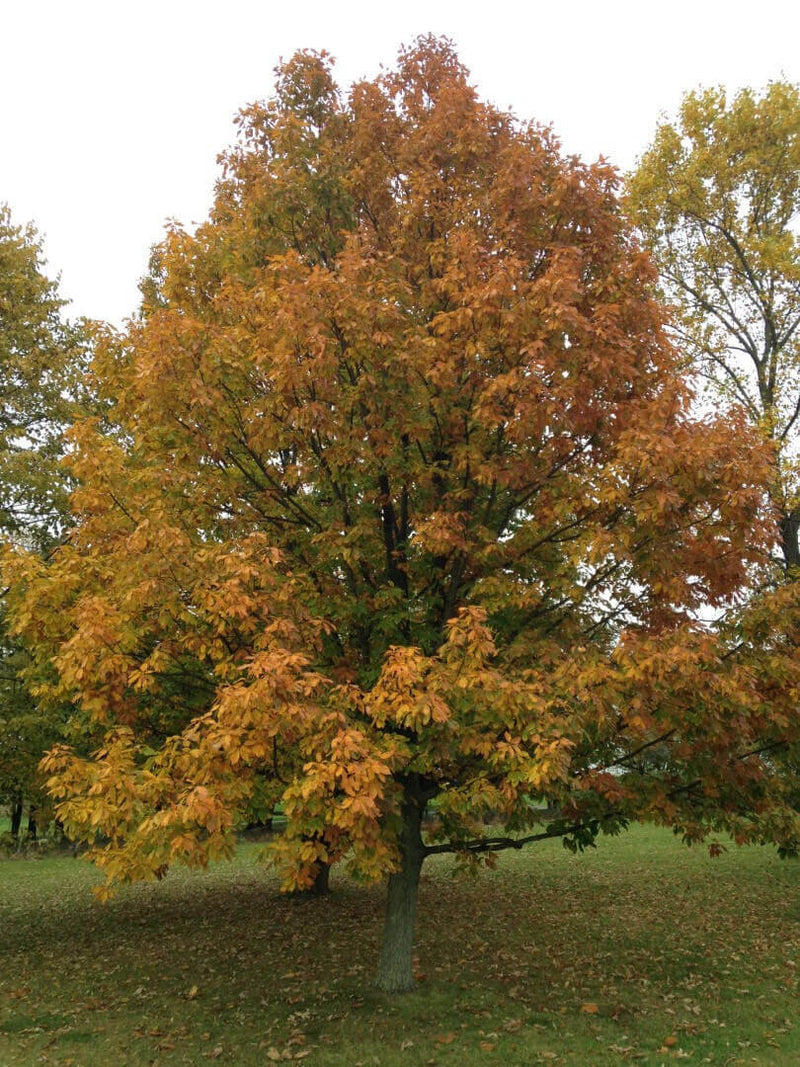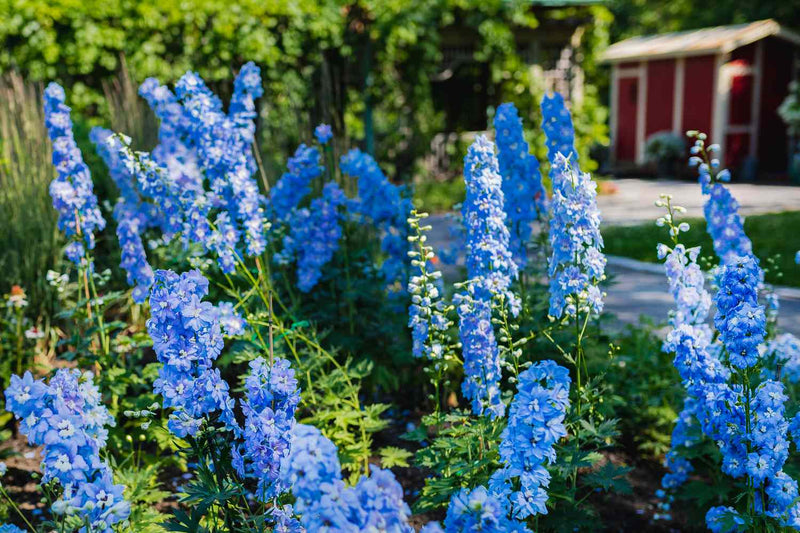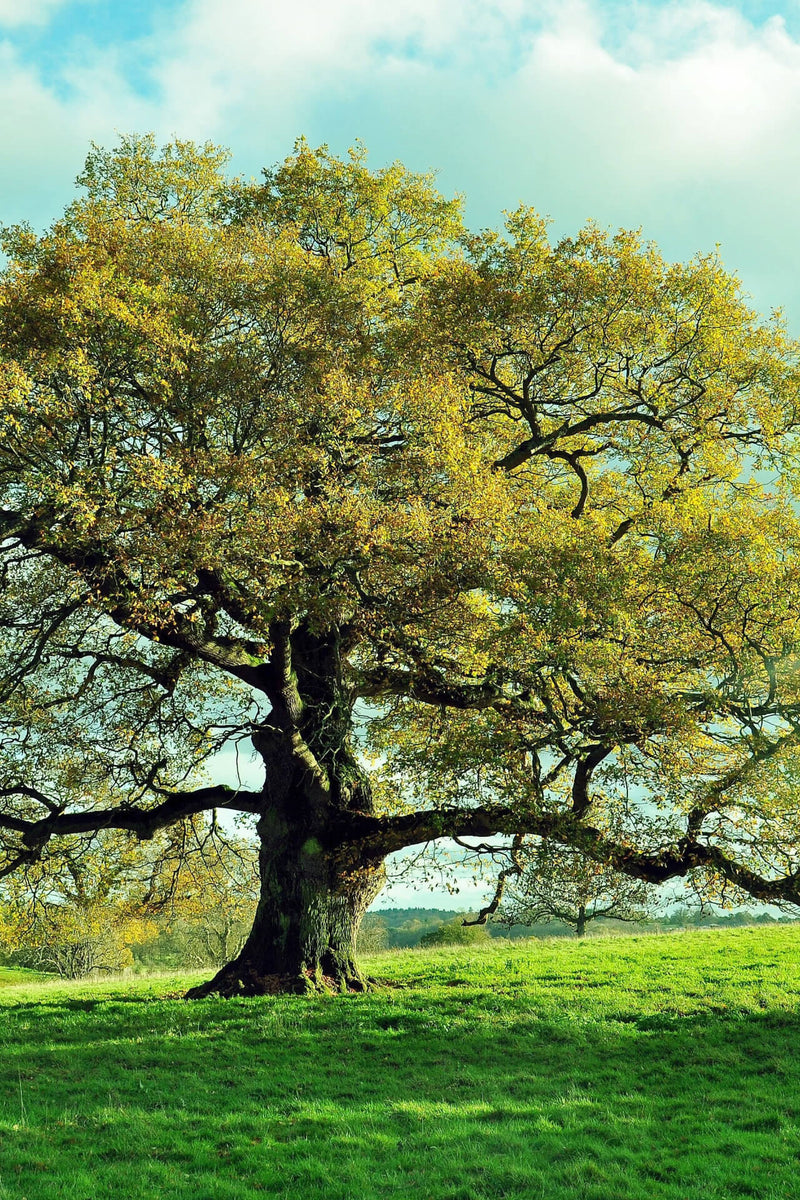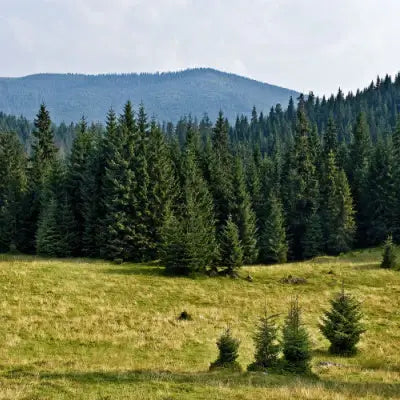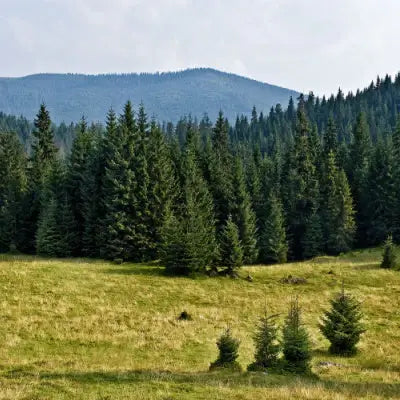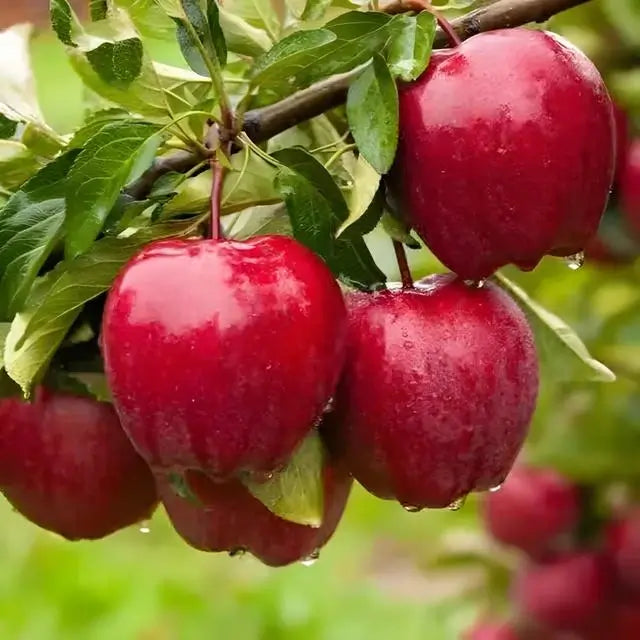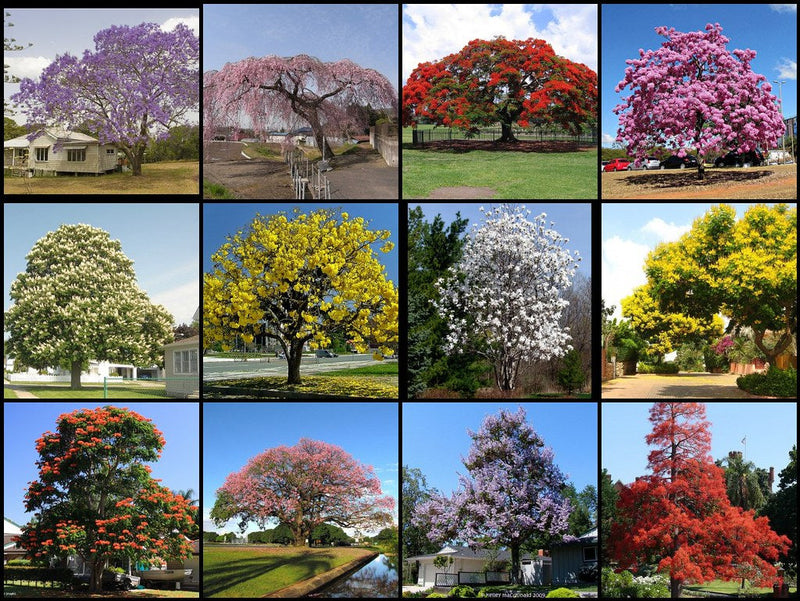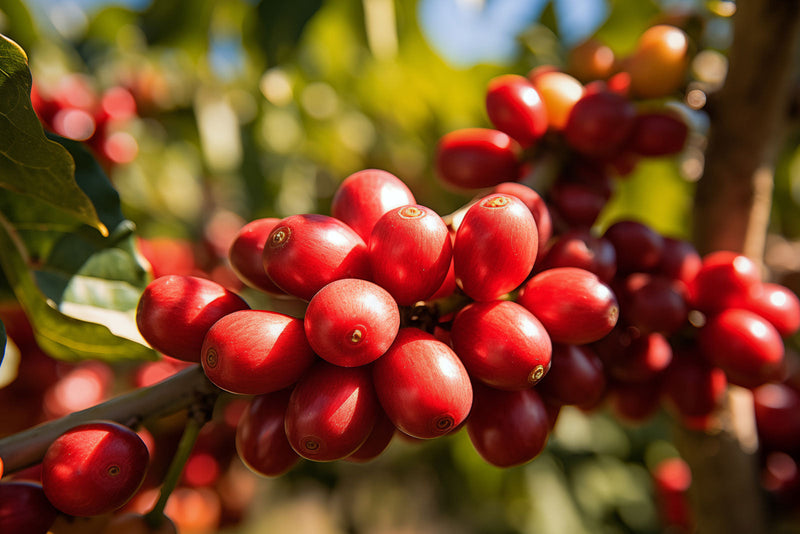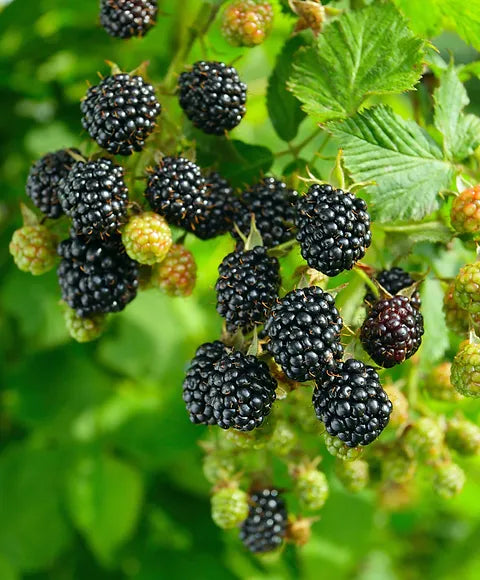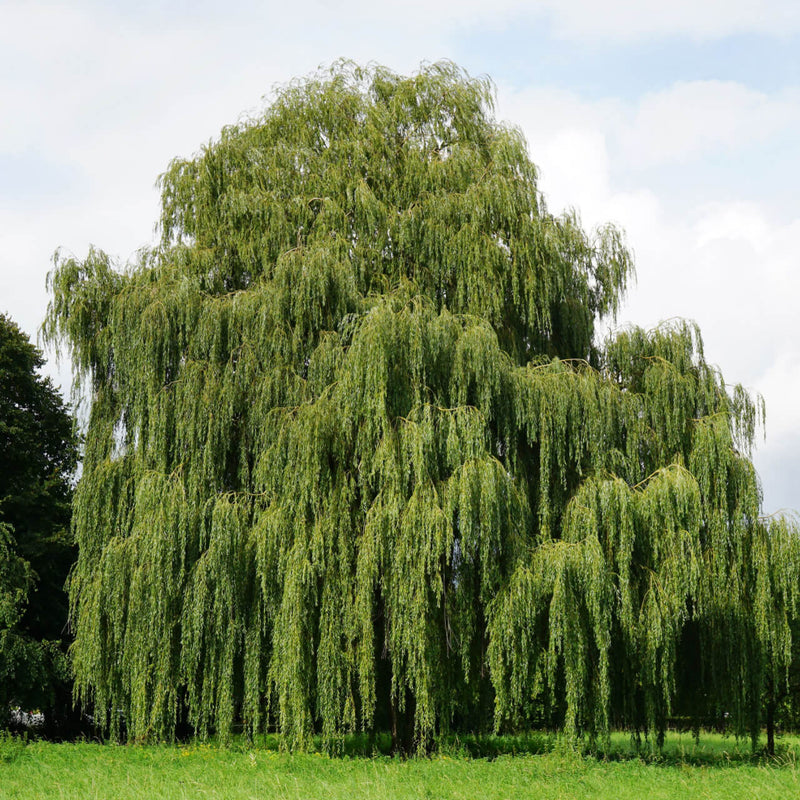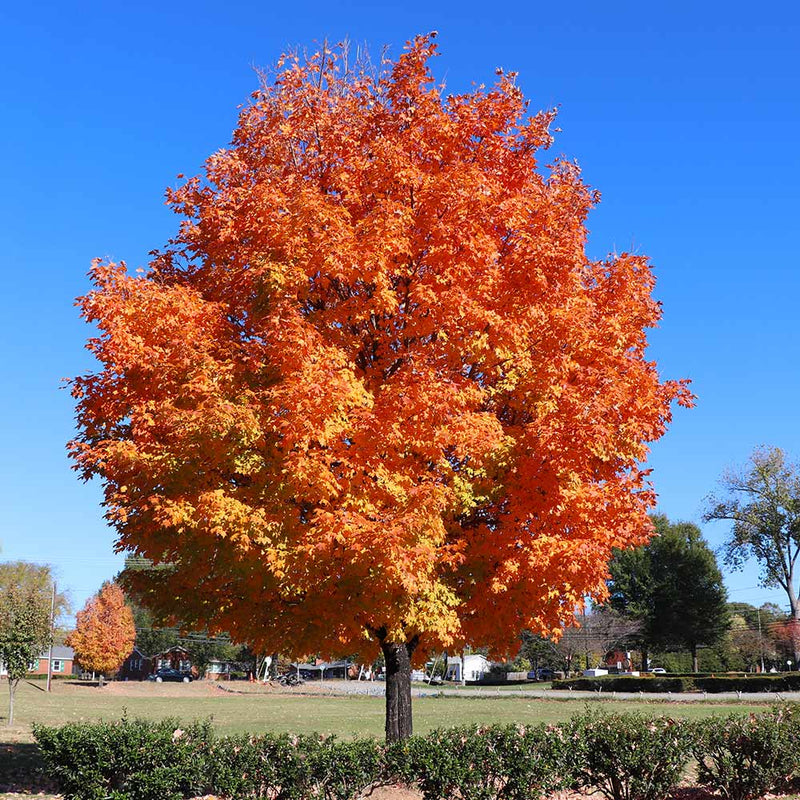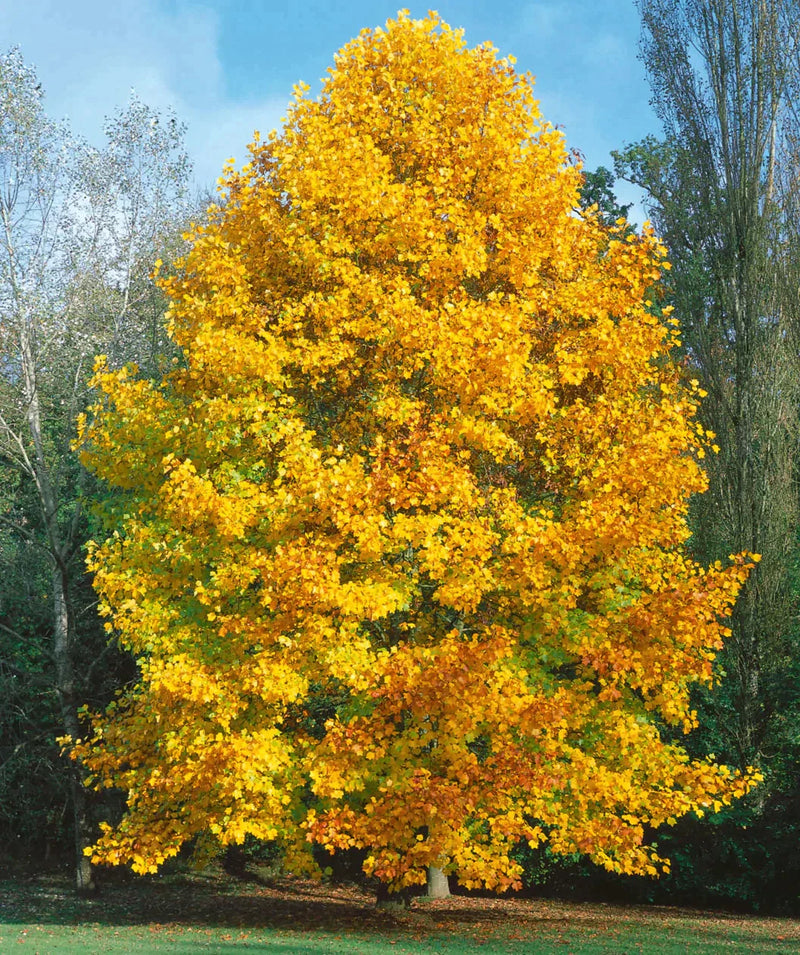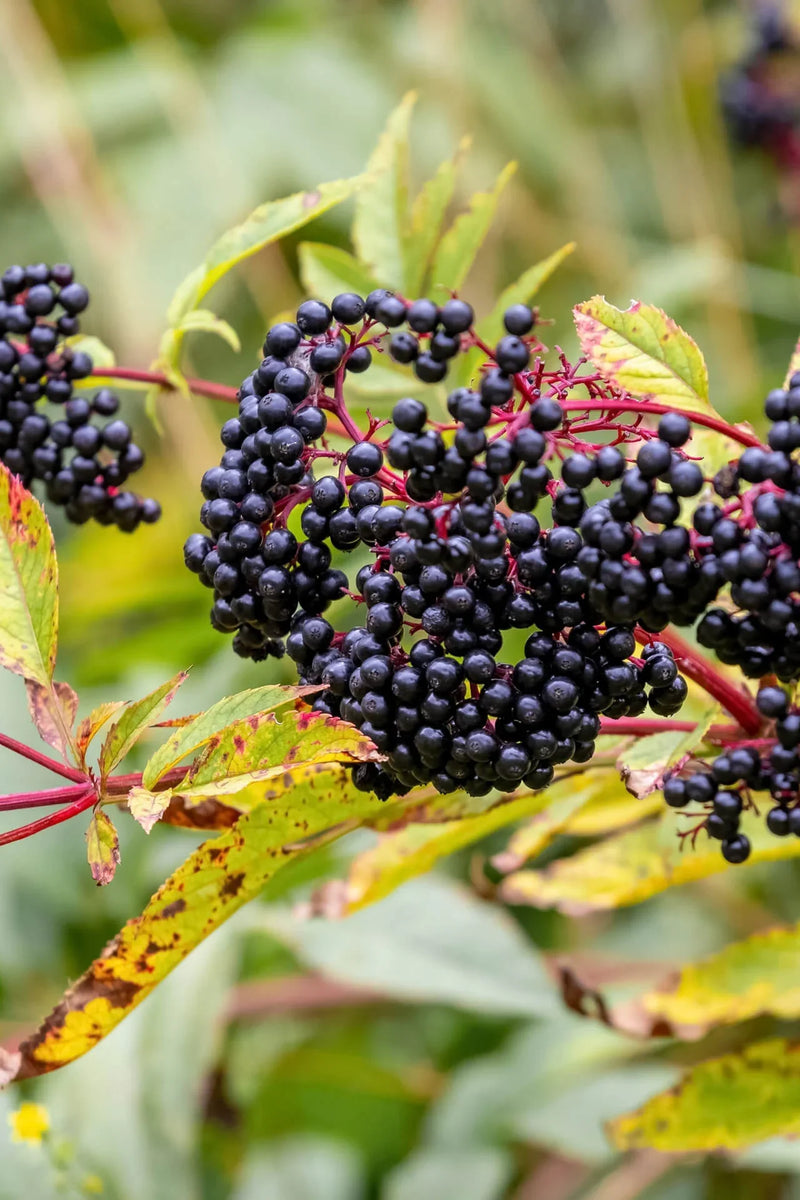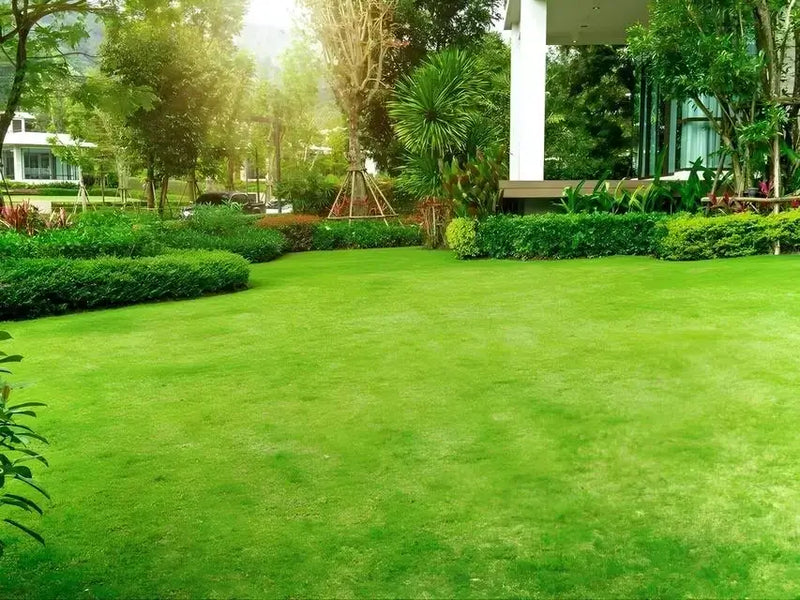25 Colorful Wildflowers - Mixture Selected For Your Zone
Wildflowers Package- Get a mixture of the most popular mature wildflower plants
With our exquisite selection of wildflower plants, enter a world of untouched beauty and wonder. These beautiful plants can transform your garden into a vibrant tapestry of colors and textures, creating a haven for pollinators, wildlife, and yourself.
PLEASE NOTE THAT THESE ARE A COLLECTION OF PLANTS, NOT SPECIFIC PLANT TYPES. WE CHOOSE TYPES THAT WORK BEST FOR YOUR ZONE ACCORDING TO YOUR ZIP CODEEach of our wildflower plants is carefully selected to provide a stunning array of blooms that will delight your senses throughout the seasons. From the delicate petals of daisies to the bold hues of poppies and the graceful elegance of lupines, our collection offers a diverse range of species that will bring your garden to life with their natural charm.By planting these native species, you contribute to biodiversity conservation, providing essential habitats for pollinators and supporting the overall health of our ecosystems.
These wildflower plants are a vital link in the intricate web of life, ensuring the survival of many species.
One of the remarkable features of wildflower plants is their ability to attract pollinators, including bees, butterflies, and hummingbirds. As these beautiful creatures flit from flower to flower, they bring joy to your garden and play a crucial role in pollinating other plants, including food crops.Our wildflower plants are grown with care and expertise, ensuring you receive healthy and robust specimens ready to flourish in your garden. They are nurtured optimally to promote robust root systems and vigorous growth. We take pride in providing well-established plants that acclimate to the local climate, ensuring a higher success rate in your garden.
Wildflowers can be planted in beds, borders, containers, or designated wildflower meadows.
With their adaptability and versatility, you can design a garden that suits your style and preferences, whether a formal arrangement or a more naturalistic, wild-inspired landscape.
We use eco-friendly materials and strive to minimize our environmental footprint. Our plants are carefully packaged to ensure their safe arrival at your doorstep, ready to be planted and admired.Experience the joy of connecting with nature and witnessing the magic of wildflowers in your garden. Our wildflower plants offer not only a visual delight but also the opportunity to make a positive impact on the environment. Embrace the splendor of nature and create a sanctuary for wildlife, a haven of serenity, and a canvas for your creativity with our extraordinary collection of wildflower plants.With each wildflower plant you add to your garden, you become part of a movement to preserve our natural heritage and protect the delicate balance of our ecosystems. Let the enchantment of wildflowers fill your outdoor space, and let their beauty inspire you to cultivate a deeper connection with the wonders of the natural world.10 Benefits of Wildflower Plants: Nurturing Nature's BeautyWildflower plants are a true gift from nature, offering many benefits for our environment, wildlife, and well-being. Wildflowers hold a special place in our hearts and gardens, from their captivating beauty to their ecological significance. Let's explore ten remarkable benefits of incorporating wildflower plants into your landscape:1. Biodiversity and Habitat Creation: Wildflower plants play a crucial role in supporting biodiversity by providing habitats for various insects, birds, and other wildlife. They attract pollinators such as Honeybees, butterflies, and hummingbirds, promoting the reproduction of plants and ensuring the health of ecosystems.2. Pollinator Support: Many wildflowers have coevolved with pollinators, making them an essential food source for bees and other beneficial insects. By planting wildflowers, you are providing sustenance for these vital pollinators, contributing to the pollination of crops and the overall health of our ecosystems.3. Conservation of Native Species: Wildflowers are often native to specific regions, making them an essential part of the natural heritage of an area. By cultivating native wildflowers, you contribute to the conservation of local plant species and preserve the unique character of your region's flora.4. Erosion Control: Wildflower plants have extensive root systems that help stabilize soil and prevent erosion. Their deep-reaching roots improve soil structure, increase water infiltration, and reduce runoff. Planting wildflowers on slopes, embankments, or areas prone to erosion can significantly mitigate soil loss and protect valuable topsoil.5. Water Conservation: Wildflower plants are adapted to local climates and often require less water than traditional garden plants once established. Their deep roots help them access water stored more profoundly in the soil, reducing the need for frequent watering. You can conserve water and promote sustainable landscaping by incorporating wildflowers into your garden.6. Low Maintenance: Wildflowers are generally low-maintenance plants that require minimal attention once established. They have evolved to thrive in their specific habitats, making them well-adapted to local conditions. Wildflowers often do not require fertilizers or excessive watering, allowing you to enjoy a beautiful garden with less effort and expense.7. Natural Beauty: The sheer beauty of wildflower plants is awe-inspiring. Their diverse colors, shapes, and textures create visually stunning displays that change with the seasons. From delicate daisies and vibrant poppies to graceful lupines and cheerful sunflowers, wildflowers add a touch of natural charm and romance to any landscape.8. Educational Opportunities: Wildflower plants offer excellent educational opportunities for children and adults alike. Observing the life cycle of a wildflower, learning about pollination, or identifying different species can foster a deeper connection with nature and promote environmental stewardship. Growing wildflowers provides an interactive and enriching experience that can inspire a lifelong love of plants and ecosystems.9. Psychological Well-being: Surrounding ourselves with nature has positively affected our mental health and well-being. The vibrant colors, soothing scents, and tranquil atmosphere created by wildflowers can reduce stress, improve mood, and increase happiness and connectedness with the natural world. A wildflower garden becomes a sanctuary for relaxation and contemplation.10. Aesthetically Versatile: Wildflowers are incredibly versatile in their aesthetic applications. They can be incorporated into different garden styles, from meadows and cottage gardens to formal borders and container plantings. Tips and Maintenance for Wildflower Plants: Cultivating Nature's BeautyWildflower plants are a delightful addition to any garden, bringing color, charm, and ecological benefits. To ensure the success and longevity of your wildflower plants, here are some helpful tips and maintenance guidelines to follow:1. Site Selection: Choose a location for your wildflower plants that receives ample sunlight. Most wildflowers require at least 6 hours of direct sunlight daily to thrive. Ensure the soil is well-draining, as excessive moisture can lead to root rot. Select a site with native soil conditions suitable for the specific wildflower species you are planting.2. Soil Preparation: Prepare the soil before planting by removing weeds, debris, and any unwanted vegetation. Wildflowers generally prefer soil that is moderately fertile and well-draining. If the soil is compacted or lacks organic matter, consider incorporating compost or other organic materials to improve its structure and nutrient content.3. Planting: Follow the instructions provided with your wildflower seeds or plants for the appropriate planting depth and spacing. If starting with seeds, prepare the soil by loosening it, scattering them evenly, and gently pressing them into the ground. Water lightly after planting to ensure good seed-to-soil contact.4. Watering: While wildflower plants are generally drought-tolerant once established, they require regular watering during germination and establishment. Once verified, water only during prolonged dry spells or when the plants show signs of stress.5. Mulching: Applying a layer of organic mulch around your wildflower plants can help conserve moisture, suppress weed growth, and regulate soil temperature. Use a thin layer of organic mulch, such as straw or shredded bark, and avoid piling it up against the stems of the plants, as this can promote stem rot.6. Weed Control: Keep an eye out for weeds in your wildflower garden and remove them promptly. Weeds can compete with wildflowers for water, nutrients, and sunlight, hindering their growth and development. 7. Deadheading: Deadheading, or removing spent flowers, can help prolong the blooming period of your wildflower plants. Regularly check for faded or wilted flowers and snip them off just above the nearest set of healthy leaves. Deadheading prevents seed production, allowing the plants to redirect their energy into producing more blooms.8. Fertilization: Wildflower plants usually do not require regular fertilization, as they are adapted to grow in nutrient-deficient soils. However, if the soil is fertile and you follow the manufacturer's instructions, you can use a regulated, slow-release fertilizer. 9. Pest Control: Watch for pest activity on your wildflower plants, such as butterflies or aphid larvae. In many cases, natural predators like ladybugs and birds will help keep pest populations in check. Avoid broad-spectrum pesticides that can harm beneficial insects.10. Enjoy and Observe: Take the time to appreciate and observe the beauty of your wildflower plants. Watch as bees, butterflies, and other pollinators visit the flowers, and note any other wildlife attracted to your garden. In conclusion, wildflower plants offer many benefits beyond their visual appeal.By embracing these beautiful plants, we support biodiversity, provide habitat for wildlife, conserve native species, mitigate erosion, and conserve water. Wildflowers bring joy, education, and a sense of well-being to our lives while offering endless opportunities for creativity in our gardens. Let us celebrate the wonders of wildflowers and nurture the natural beauty surrounding us.Wildflowers Package: T.N. Nursery offers a wildflowers package that includes 25 plants. This package can help our customers move on to "wild scraping" or "rewilding" their landscape.
This movement helps people, especially in drought-prone areas, enjoy a picturesque yard filled with easy-care, hardy species of flowers that are ideal for their region. Wildflower gardens can replace large grassy areas, cutting back on water demands.
When you select the wildflowers package, you receive 25 plants ideally suited to your U.S.D.A. growing zone.
The horticulturists at T.N. Nursery will review your growing zone and hand-curate a selection of the best Wildflower Package that will flourish in your area. For example, a customer in an arid region will receive only drought-tolerant species. On the other hand, a customer in a cooler, rainy area will only receive the right plants.
In other words, the wildflowers package removes the worry from you--you are in our capable hands. You will have wildflowers that bloom from spring through the summer with less effort than you can imagine.
The Wildflowers Package (25 Plants) Is Available Online at T.N. Nursery
Wildflowers are an excellent opportunity to cultivate an undemanding, environmentally friendly garden. Order your wildflowers package today. Healthy Plants for Your Garden.

